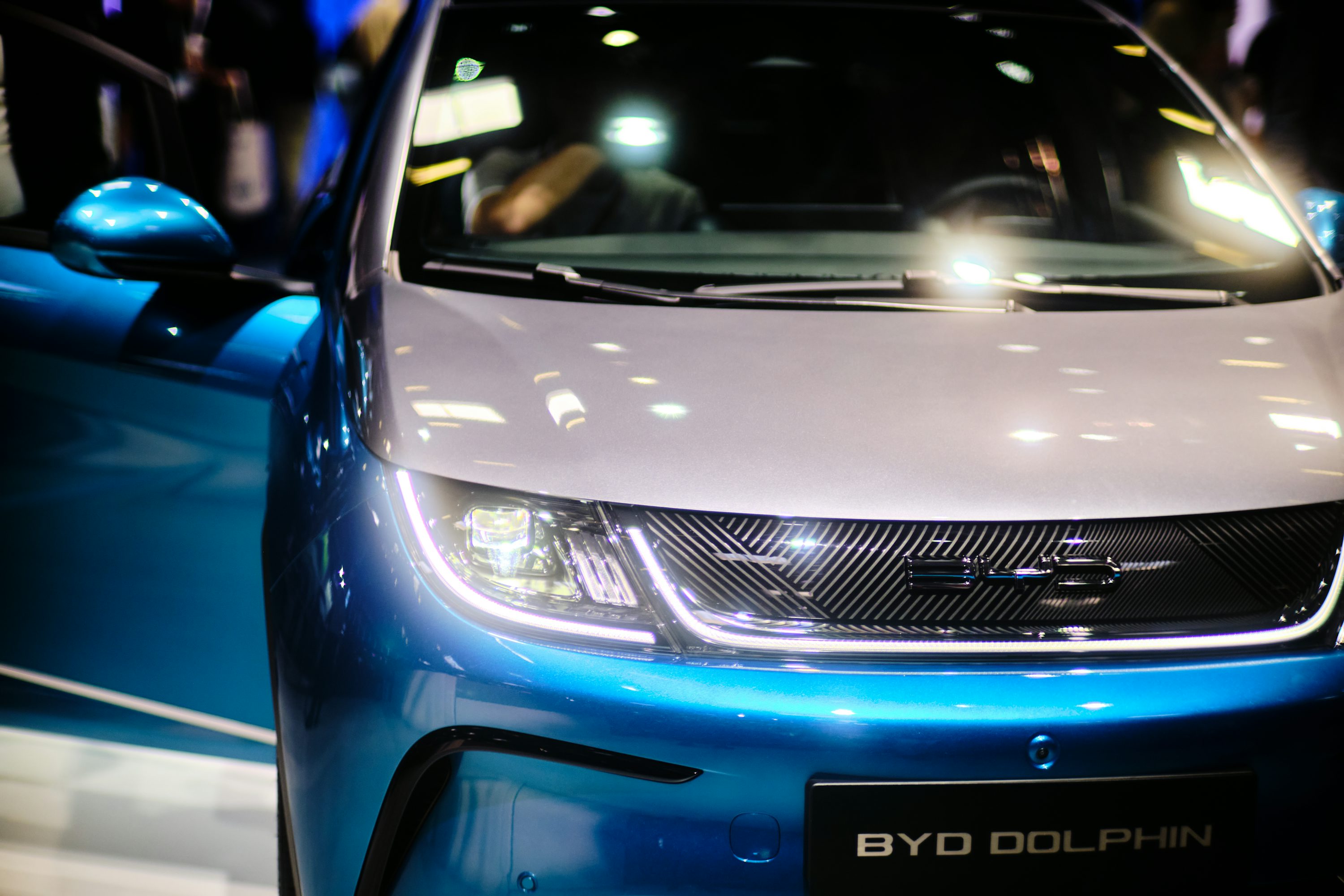Understanding the Market Trends of Hybrid New Energy Vehicles: A Comprehensive Analysis
Dive into the evolving landscape of hybrid new energy vehicles and uncover the key market trends shaping their future. This analysis explores technological advancements, consumer preferences, and regulatory impacts, providing a holistic view of the industry's trajectory. Whether you're a manufacturer, consumer, or investor, understanding these dynamics is crucial for navigating the hybrid vehicle revolution.
Technological Innovations Driving Market Trends of Hybrid New Energy Vehicles
In recent years, technological innovations have played a pivotal role in shaping the Market Trends of Hybrid New Energy Vehicles. The advent of advanced battery technologies, such as lithium-ion and solid-state batteries, has significantly enhanced vehicle efficiency and range. Automotive manufacturers are increasingly focusing on improving the energy density of batteries, which is crucial for addressing consumer concerns about electric range. Furthermore, plug-in hybrid vehicles are benefiting from both electric and internal combustion technologies, catering to a wider audience who may have range anxiety. In tandem with this, the integration of smart technologies, including AI-based driving systems and connectivity features, is transforming user experiences and reshaping market dynamics. Consequently, these innovations not only influence consumer preferences but also dictate the competitive landscape among automakers, thereby reinforcing the pivotal role of technology in the Market Trends of Hybrid New Energy Vehicles.
The Role of Consumer Preferences in Market Trends of Hybrid New Energy Vehicles
Consumer preferences have always been a key driver in the Market Trends of Hybrid New Energy Vehicles. Recent surveys indicate a shift towards eco-conscious buying habits, with consumers increasingly prioritizing sustainability and low emissions in their vehicle choices. The ability to combine conventional fuel with electric power provides flexibility, appealing to users who are transitioning towards greener alternatives without fully committing to electric vehicles. Moreover, the growing awareness of environmental issues among younger generations is influencing their purchasing decisions, leading to a significant uptick in demand for hybrid models. This shift is further amplified by manufacturers launching vehicles that not only meet performance expectations but also align with eco-friendly values. Therefore, understanding consumer preferences is vital for automakers aiming to align their offerings with the evolving Market Trends of Hybrid New Energy Vehicles.
Regulatory Impact on the Market Trends of Hybrid New Energy Vehicles
Regulatory frameworks significantly impact the Market Trends of Hybrid New Energy Vehicles. Governments worldwide are implementing stringent emission norms and encouraging the adoption of electric and hybrid vehicles through various incentives. For instance, tax breaks, subsidies, and rebates for purchasing hybrid vehicles are becoming commonplace, fostering a supportive environment for consumers. Furthermore, regulations mandating reductions in greenhouse gas emissions are spurring automakers to pivot towards hybrid technologies. These regulatory measures not only accelerate the transition to hybrid vehicles but also create a competitive advantage for companies that innovate quickly. By fostering compliance and promoting sustainability, regulations are driving the Market Trends of Hybrid New Energy Vehicles in an increasingly favorable direction.
Business Opportunities Within the Market Trends of Hybrid New Energy Vehicles
As the Market Trends of Hybrid New Energy Vehicles evolve, a plethora of business opportunities are emerging. Companies specializing in battery production, charging infrastructure, and software development are well-positioned to capitalize on the sector's growth. This segment is not limited to traditional automotive manufacturers; tech companies are entering the fray, providing integrated solutions and services tailored for hybrid vehicles. Additionally, energy companies are exploring innovative partnerships to establish charging networks, reflecting a shift towards ecosystem thinking. The rise of ride-sharing and mobility services also presents new avenues for hybrid vehicle adoption, underscoring the market's potential for expansion. Thus, understanding these business opportunities is crucial for stakeholders looking to thrive in the evolving landscape of the hybrid vehicle market.
Social Impact of Hybrid New Energy Vehicles on Communities
The introduction of hybrid new energy vehicles has profound social implications on communities. As more individuals adopt greener transportation options, there is an observable decline in urban air pollution levels, contributing to better public health outcomes. Moreover, the accessibility of hybrid vehicles is encouraging car ownership in previously underserved communities, driving economic growth through enhanced mobility. Hybrid technologies also stimulate local economies by fostering job creation in manufacturing, installation of charging infrastructure, and maintenance services. Educating communities about the benefits of hybrid vehicles can further drive acceptance and adoption. Thus, the Market Trends of Hybrid New Energy Vehicles not only reflect economic dynamics but also highlight a significant social transformation, paving the way for more sustainable urban living.
Future Outlook of the Market Trends of Hybrid New Energy Vehicles
Looking ahead, the future of the Market Trends of Hybrid New Energy Vehicles appears promising. Experts predict a steady increase in hybrid vehicle sales as manufacturers continue to innovate and consumer awareness rises. Additionally, advancements in renewable energy sources for charging will further enhance the appeal of hybrid technologies. As global fuel prices fluctuate, the economic advantages of hybrid vehicles will likely become more pronounced, indicating a resilient market. Furthermore, as cities increasingly adopt smart transportation strategies, the integration of hybrid vehicles will play a critical role in achieving sustainability goals. Hence, the future trajectory of the Market Trends of Hybrid New Energy Vehicles hinges on continuous innovation, policy support, consumer engagement, and technological advancements.
